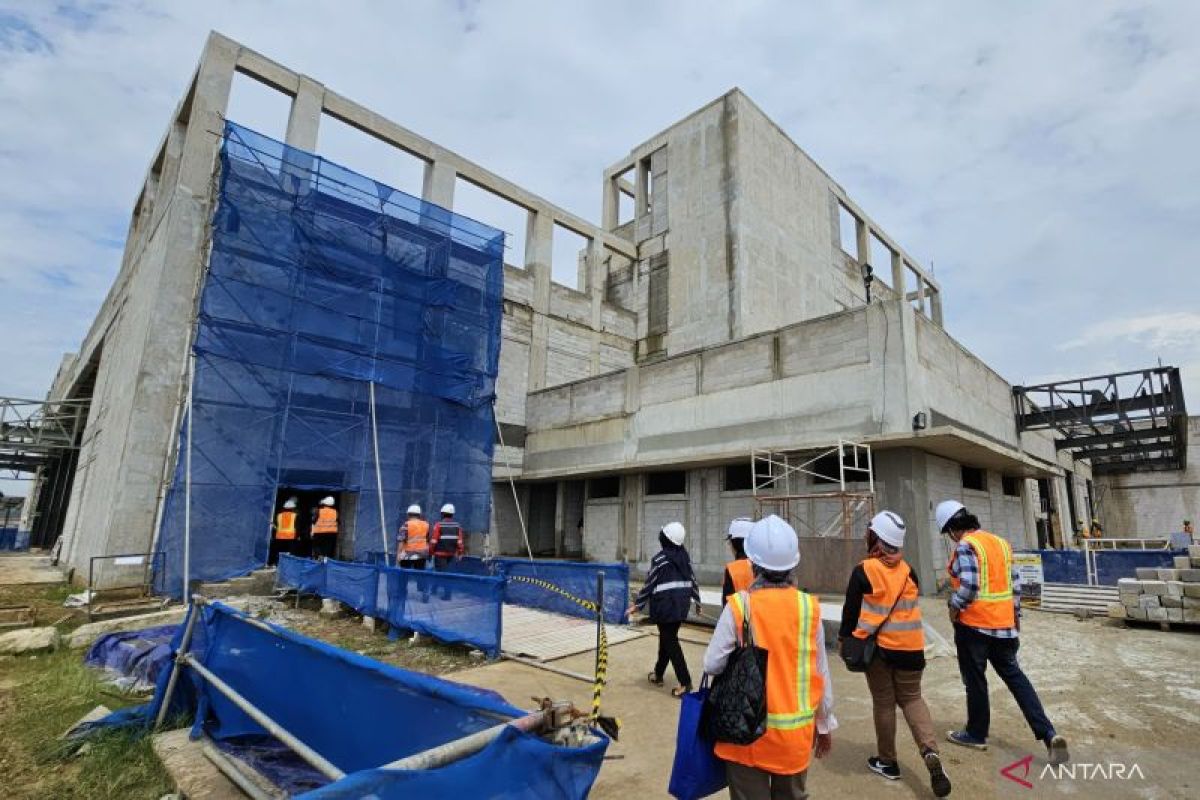As Indonesia accelerates its digital transformation, the integrity of its cyber infrastructure has become a top priority. One of the key initiatives under this agenda is ensuring the security of the National Data Center, which is now being tested using the government-developed Simakalama framework. The Ministry of Communication and Information Technology (Kominfo) recently confirmed the ongoing testing phase, aimed at identifying vulnerabilities in Indonesia’s state-run data infrastructure.
In light of rising cybersecurity threats and geopolitical tensions in digital space, Indonesia is laying the groundwork for robust national data management. Simakalama is being positioned as a vital mechanism to safeguard public digital services and fortify trust in the country’s technological backbone.
Why Cybersecurity In National Data Centers Matters More Than Ever
The urgency to protect national data centers stems from their critical role in housing essential public service data. These centralized hubs manage high-value information from ministries, local governments, and state-owned enterprises. As the government pushes for increased digital integration across sectors, the risks of data breaches, ransomware attacks, and foreign intrusion have dramatically increased.
Several ASEAN neighbors, such as Singapore and Malaysia, have already experienced cyberattacks that affected hospitals, immigration systems, and financial databases. Indonesia’s proactive stance aims to prevent similar incidents.
Simakalama, introduced by Kominfo, is a security monitoring and auditing system that tests infrastructure for potential weaknesses. It simulates various cyberattack scenarios and measures system resilience against external and internal threats. By deploying Simakalama within the National Data Center, Kominfo expects to produce actionable insights and implement security upgrades before full-scale operation.
Inside the Simakalama Security Framework
The Simakalama framework represents a government-built tool tailored specifically for Indonesian public-sector infrastructure. It is structured around several key pillars:
- Vulnerability Assessment: Scans for software and hardware flaws in real-time.
- Penetration Testing: Simulates hacker techniques to evaluate the response.
- Compliance Check: Benchmarks systems against Indonesian and global data protection standards.
- Incident Readiness: Tests the team’s preparedness for containment and recovery.
In its initial deployment, Simakalama revealed several access control misconfigurations and gaps in backup integrity. These early findings underscore the importance of ongoing monitoring, particularly as new services are plugged into the data center.
What sets Simakalama apart from off-the-shelf solutions is its alignment with Indonesia’s digital governance framework. It was designed with the public sector in mind, ensuring compatibility with national policies such as Government Regulation No. 71/2019 on Electronic Systems and Transactions.
Public Sector Readiness: Local Governments in the Loop
Beyond the central government, local and regional governments are also preparing to transition their digital workloads into the national cloud infrastructure. The security of the National Data Center will be critical in gaining their trust and facilitating smooth migration.
The Ministry of Home Affairs has already urged provincial IT teams to coordinate closely with Kominfo, particularly around system integration and cybersecurity awareness. Training workshops and technical simulation sessions have been conducted in collaboration with BSSN (National Cyber and Crypto Agency) to ensure that regional agencies are aligned with security protocols.
This decentralized approach reflects Indonesia’s strategy of building cyber resilience not just at the top but across the entire administrative network.
Cybersecurity Investment and the Role of Public-Private Partnerships
Cybersecurity for national infrastructure is not solely the responsibility of the government. As threats become more sophisticated, Kominfo has signaled the need for collaboration with private sector players, including cloud service providers, security analysts, and ethical hackers.
Companies like Telkom Indonesia, Indosat, and BAKTI have expressed readiness to provide infrastructure support and cybersecurity capacity building. Meanwhile, several global firms have also shown interest in contributing to Indonesia’s cyber preparedness, especially in areas like threat intelligence and advanced encryption technologies.
This convergence of public oversight and private innovation can help the National Data Center achieve world-class reliability and integrity.
Potential Risks If Data Center Security Is Compromised
A data breach within the National Data Center could have wide-reaching consequences:
- Service Disruption: E-government portals like digital ID, health insurance, and tax systems could be paralyzed.
- Public Distrust: Citizens may hesitate to use online government services, stalling digital transformation.
- Reputational Damage: International investors and partners may question Indonesia’s cybersecurity maturity.
- Regulatory Penalties: Violations of data protection regulations could lead to lawsuits or sanctions.
Given these potential outcomes, the government’s decision to test the system rigorously before launch is both prudent and necessary.
The Road Ahead: Building a Secure Digital Nation
With Indonesia’s digital economy projected to reach USD 130 billion by 2025, the demand for secure and reliable data infrastructure will only grow. The National Data Center is not just a technological asset, but a symbol of sovereign digital capability.
The successful implementation of Simakalama testing is a key milestone, but the journey is far from over. Regular audits, staff training, system updates, and public transparency will all be essential in maintaining long-term cybersecurity.
Moving forward, Kominfo has outlined plans to certify the National Data Center based on ISO/IEC 27001 standards and explore regional partnerships to share best practices. Meanwhile, the private sector and academia are being invited to contribute research and recommendations.
By turning cybersecurity into a national priority, Indonesia is not only protecting its digital foundations but also sending a message to the world: it is ready to lead in the age of digital governance.
Read More






 Saturday, 24-01-26
Saturday, 24-01-26







